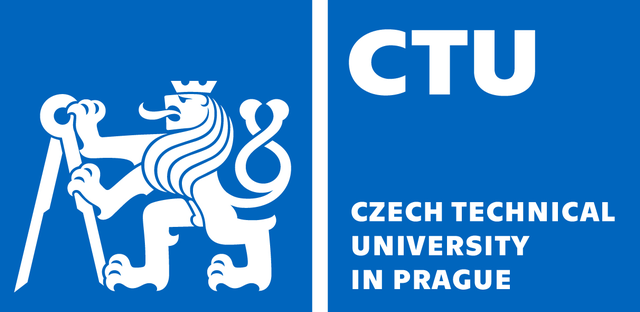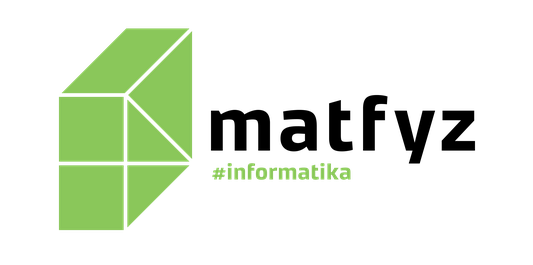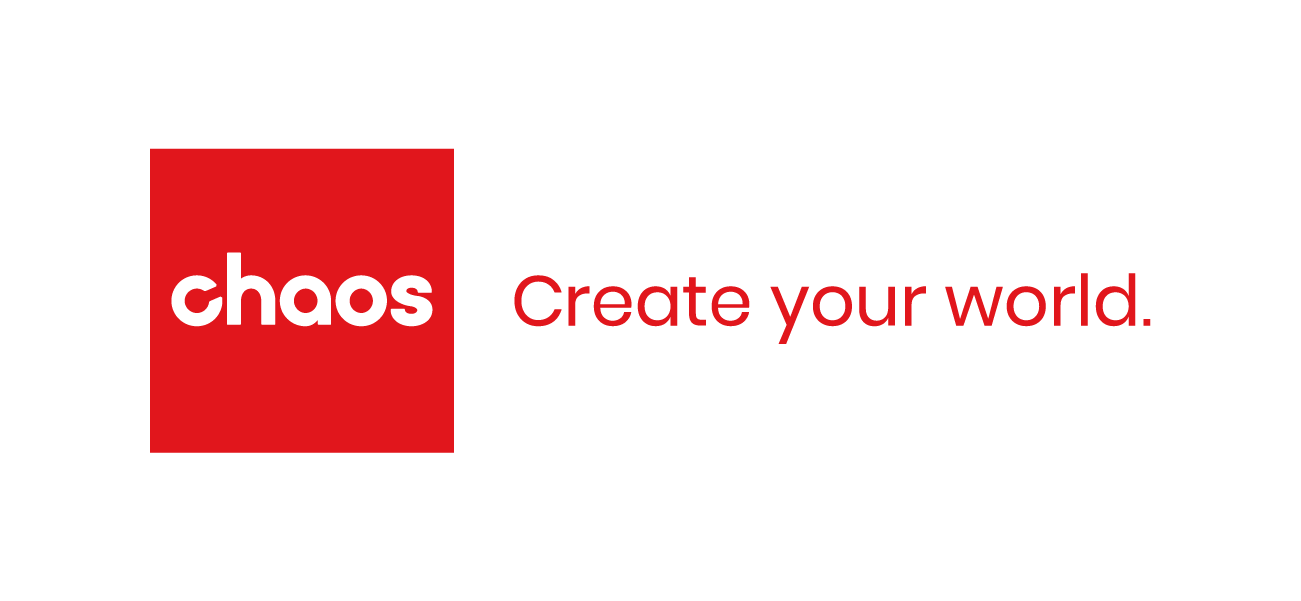High Visual Computing 2023
The eighth meeting of the Czech and Slovak image processing, computer graphics and computer vision people in the mountains. The event will take place February 1st - 4th, 2023 at Mala Fatra, Slovakia in a this hotel:
https://www.hotelboboty.sk/ (see the map).
The goal of the meeting is to encourage exchange of ideas between researchers and practitioners in the fields of image processing, computer graphics and computer vision from across the Czech and Slovak Republics and beyond. There will be many (optional) outdoor activities possible during the day and fruitful talks, discussions and socializing in the afternoons and evenings.
The expected price is around 210 EUR per person (3 nights, 3x half board). Please let us know should you be interested in attending the event (please provide also your talk proposal, deadline: November 25, 2022).
Frequently Asked Questions:
Q: How do I register?
A:
Please fill out the form. While registering, you will be asked to include the title and a short
abstract of your offered 20 minute talk. Sending your abstract does not necessarily mean you will be selected to present, but the title and abstract are still a strict requirement for the registration - intended to keep the standard of the presented material consistently high. Remember: one person registered = one talk title/abstract. Once you fill out the form and pay the deposit to the hotel, take the registration as confirmed.
Q: I am from a company and I do not have anything “sciency” enough to show. May I still come?
A: By all means! We are eager to learn what your company works on and what you work on in the company, what interesting open problems you might have, etc. That said, no shameless corporate advertising, please.
Q: What is the conference fee and how do I pay it?
A: There is no conference fee per se. All you need to do is pay for your food and accommodation on the spot at the hotel, which we expect to be around 210 EUR per person for the three nights. We will *not* be collecting your money.
Q: Do I need to look for accomodation?
A: Accommodation is taken care of for you - everyone is staying in the same hotel (https://www.hotelboboty.sk/, see the map) which we have pre-booked. You will pay a deposit in advance and the rest on the spot after you arrive. There has been a change, the hotel will not issue proforma invoices for deposit payments. All services will be paid on the spot. Should you have any special requirements concerning accommodation or food, please contact Radka Hacklova.
Q: Do I need to take care of my travel arrangements?
A: Yes, travel is up to you. We will send an info email about this to all the registered participants in due time.
Q: Summing it all up, what’s the timeline between now and the conference?
A: Easy. You fill out the registration form, including the offered talk abstract, before November 25th. Then you need to pay a deposit to the hotel by January 10, 2023 at the latest. By the end of November, we will assemble the program from the offered talks and post it online. At the beginning of, December, we will send an email with practical information to all registered participants. You will have almost two months to arrange your travel. You are expected to arrive to the hotel by the afternoon on February 1st, where we’ll have dinner at 6pm and the conference program will start at 7pm.
Programme:
1.2.2023 Wednesday:
- 10:00 - 17:00
- optional socializing outdoors
- 18:00 - 19:00
- dinner
- 19:00 - 19:10
- welcome
- 19:10 - 20:00
- invited talk 1 (Jaroslav Křivánek Lecture): Tobias Ritschel, University College London, United Kingdom: Advanced Machine Learning for Rendering
- 20:15 - 21:20
- talks 1 - 3:
- Karol Myszkowski: The Effect of Shape and Illumination on Material Perception for Displayed and Fabricated Content
- Tobias Rittig: SkyGAN: Towards Realistic Cloud Imagery for Image Based Lighting
- Adam Platkevič: Fluidymation: Stylizing Animations Using Natural Dynamics of Artistic Media
- 21:20 - 02:00
- socializing indoors
2.2.2023 Thursday:
- 7:30 - 9:30
- breakfast
- 10:00 - 17:00
- socializing outdoors
- 17:00 - 17:45
- talk 4 - 5:
- Lukáš Gajdošech: Evolution of Fusion on High-Quality 3D Data
- Filip Hácha: Learning Temporal Correspondences and Canonical Topology of Time-Varying Surfaces
- 18:00 - 19:10
- dinner
- 19:10 - 20:00
- invited talk 2: Ivo Ihrke, University of Siegen, Germany: From Computational Photography to Computational Imaging: A Personal Journey
- 20:15 - 21:20
- talks 6 - 8:
- Tomáš Iser: Affordable Spectral Measurements of Translucent Materials
- Jan Čejka: Supporting HDR Displays in Practice
- Jan Byška: Interactive Exploration of Long Molecular Dynamic Simulations
- 21:20 - 02:00
- socializing indoors
3.2.2023 Friday:
- 7:30 - 9:30
- breakfast
- 10:00 - 17:00
- socializing outdoors
- 17:00 - 17:45
- talks 9 - 10:
- Andrii Yermakov: Audio-Based Vehicle Recognition
- Jiří Hladůvka: Water's Gateway to Heaven: Towards Understanding Plant Leaves on a Microscale
- 18:00 - 19:10
- dinner
- 19:10 - 20:00
- invited talk 3: Andrew Fitzgibbon, Graphcore, United Kingdom: AI Hardware and Real-World AI
- 20:15 - 21:20
- talks 11 - 13:
- Jiří Filip: Effect Pigments: Appearance Capturing and Characterization
- Oskar Elek: Monte Carlo Physarum Machine: Using an Interactive Simulation and Visualization of 3D Slime Mold for Mapping the Cosmic Web
- Tomáš Polášek: What Makes a Tree Look Like a Tree
- 21:20 - 02:00
- socializing indoors
Invited Speakers:
Speaker 1: Tobias Ritschel, University College London, United Kingdom
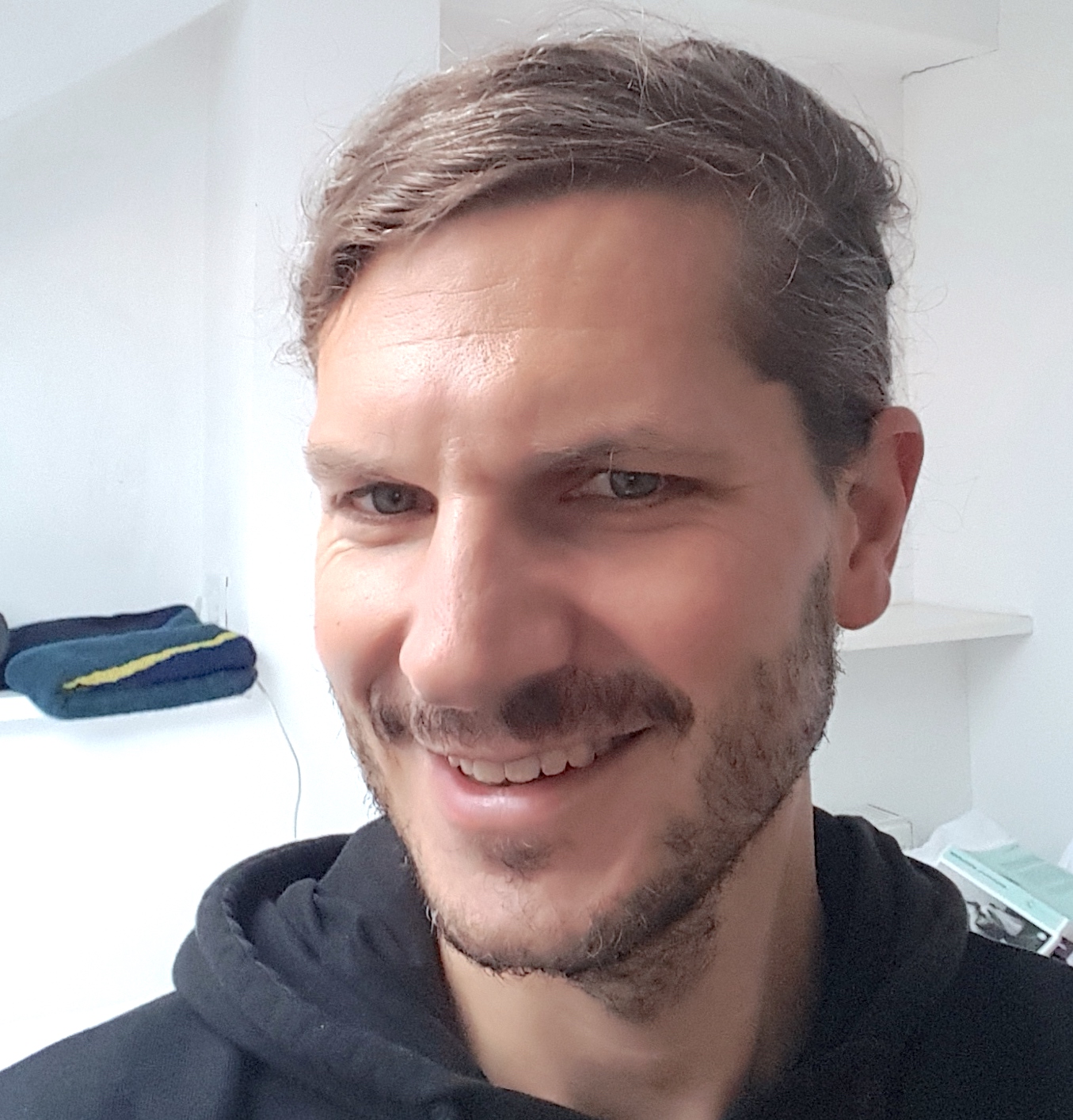
Professor Tobias Ritschel has received his PhD from Saarland University (MPI) in 2009. He was a post-doctoral researcher at Telecom ParisTech / CNRS 2009-10 and a Senior Researcher at MPI 2010-15. Tobias was appointed Senior Lecturer at University College London in 2015 where he was named Full Professor of Computer Graphics in 2019. His work has received the EG Dissertation (2010) and Young Researcher Award (2014). His interests include Image Synthesis and Human Visual Perception, now frequently including applied AI.
Advanced Machine Learning for Rendering
I will discuss two tracks of methods which are "advanced" in so far as they explore designs beyond classic supervised learning of a given tunable rendering pipeline.
The first track makes learning itself subject to learning (meta-learning). While normal learning optimizes parameters of a tunable pipeline, meta-learning optimized the parameters of the learning. I will discuss two instances that meta-learn learning rate and initialization, and another one that meta-learns sampling.
The second track investigates the differentiability of the rendering pipeline itself. We will recall why it is challenging to differentiate through rasterization or ray-tracing. Based on this framework, we will derive methods to optimize over the space of differentiable rasterizers as well as propose a simple and effective way to differentiate the light transport equation --which has a lot of dimensions to (MC) integrate over-- by adding even more dimensions. Finally these works lead to a novel framework to integrate discontinuous functions as they occur in practical image synthesis, animation or procedural design throughout Graphics.
Speaker 2: Ivo Ihrke, University of Siegen, Germany
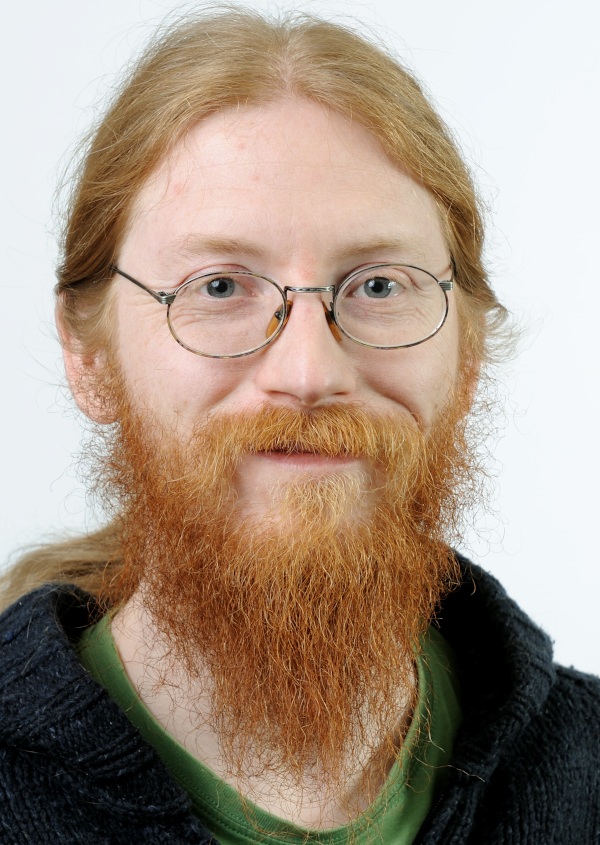
Ivo Ihrke is professor of Computational Sensing at University of Siegen, Germany. Prior to joining Siegen, he was a staff scientist at the Carl Zeiss research department, which he joined on-leave from Inria Bordeaux Sud-Ouest, where he was a permanent researcher. At Inria he lead the research project "Generalized Image Acquisition and Analysis" which was supported by an Emmy-Noether fellowship of the German Research Foundation (DFG). Prior to that he was heading a research group within the Cluster of Excellence "Multimodal Computing and Interaction" at Saarland University. He was an Associate Senior Researcher at the MPI Informatik, and associated with the Max-Planck Center for Visual Computing and Communications. Before joining Saarland University he was a postdoctoral research fellow at the University of British Columbia, Vancouver, Canada, supported by the Alexander von Humboldt-Foundation. He received a MS degree in Scientific Computing from the Royal Institute of Technology (KTH), Stockholm, Sweden and a PhD (summa cum laude) in Computer Science from Saarland University.
He is interested in all aspects of Computational Imaging, including theory, mathematical modeling, algorithm design and their efficient implementation, as well as hardware concepts and their experimental realization and characterization. He performed pioneering studies in 3D BOS and 3D flow velocimetry. He introduced a novel light field imaging objective lens and contributed to light field theory development. He is a co-founder of K|Lens GmbH, a company marketing the light field objective lens.
From Computational Photography to Computational Imaging: A Personal Journey
Computational Photography and Computational Imaging have developed largely in parallel over the last two decades, with communities only weakly interacting. In this talk, I am attempting a personal retrospective that gives perspective on both areas. I will argue that the underlying techniques are shared by both worlds and that a broader perspective may benefit the evolution of these two fields. I will illustrate these ideas by examples from my own work and others, hoping to be aiding in broadening the perspective of aspiring young researchers, possibly lowering the barrier to interact with other fields.
Speaker 3: Andrew Fitzgibbon, Graphcore, United Kingdom
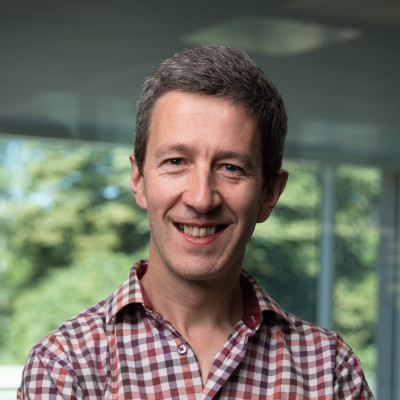
Andrew Fitzgibbon is a Distinguished Engineer at Graphcore, working on the future of computing hardware and programming for AI and numerical computing.
He is best known for his work on 3D vision: he was a core contributor to the Emmy-award-winning 3D camera tracker “boujou”, having co-founded the company "2d3", with Andrew Zisserman, Julian Morris, and Nick Bolton; at Microsoft, he introduced massive synthetic training data for Kinect for Xbox 360; and was science lead on the real-time hand tracking in Microsoft's HoloLens. His research interests are broad, spanning computer vision, graphics, machine learning, neuroscience, and most recently programming languages. He has published numerous highly-cited papers, and received many awards for his work, including ten “best paper” prizes at various venues, the Silver medal of the Royal Academy of Engineering, and the BCS Roger Needham award. He is a fellow of the Royal Academy of Engineering, the British Computer Society, and the International Association for Pattern Recognition.
Before joining Graphcore in 2022, he spent 15 years at Microsoft, and before then, he was a Royal Society University Research Fellow at Oxford University, having previously studied at Edinburgh University, Heriot-Watt University, and University College, Cork.
AI Hardware and Real-World AI
AI is fast becoming a significant consumer of the world’s computational power, so it is crucial to use that power wisely and efficiently. Our approaches to doing so must span all levels of the research stack: from fundamental theoretical understanding of the loss surfaces and regularization properties of machine learning models, to efficient layout at the transistor level of floating-point multipliers and RAM. I will talk about projects, such as real-time computer vision on the Microsoft HoloLens HPU (about 3.5 GFLOPS), which required extreme efficiency in both objective and gradient computations, and how this relates to the training of massive AI models on Graphcore’s IPU (about 350 TFLOPS). Key to this work is how we empower programmers to communicate effectively with such hardware, and how we design frameworks and languages to ensure we can put theory into practice. So this talk contains aspects of: mathematical optimization, automatic differentiation, programming languages, and silicon design. Despite this range of topics, the plan is for it to be accessible and useful to anyone who loves computers.
Important Dates:
- Deadline for talk proposals: November 25, 2022
- Meeting: February 1 - 4, 2023
Venue:
https://www.hotelboboty.sk/ (see the map)Programme and Organization Committee:
Duties: scientific program, selection of beer and everything else.

